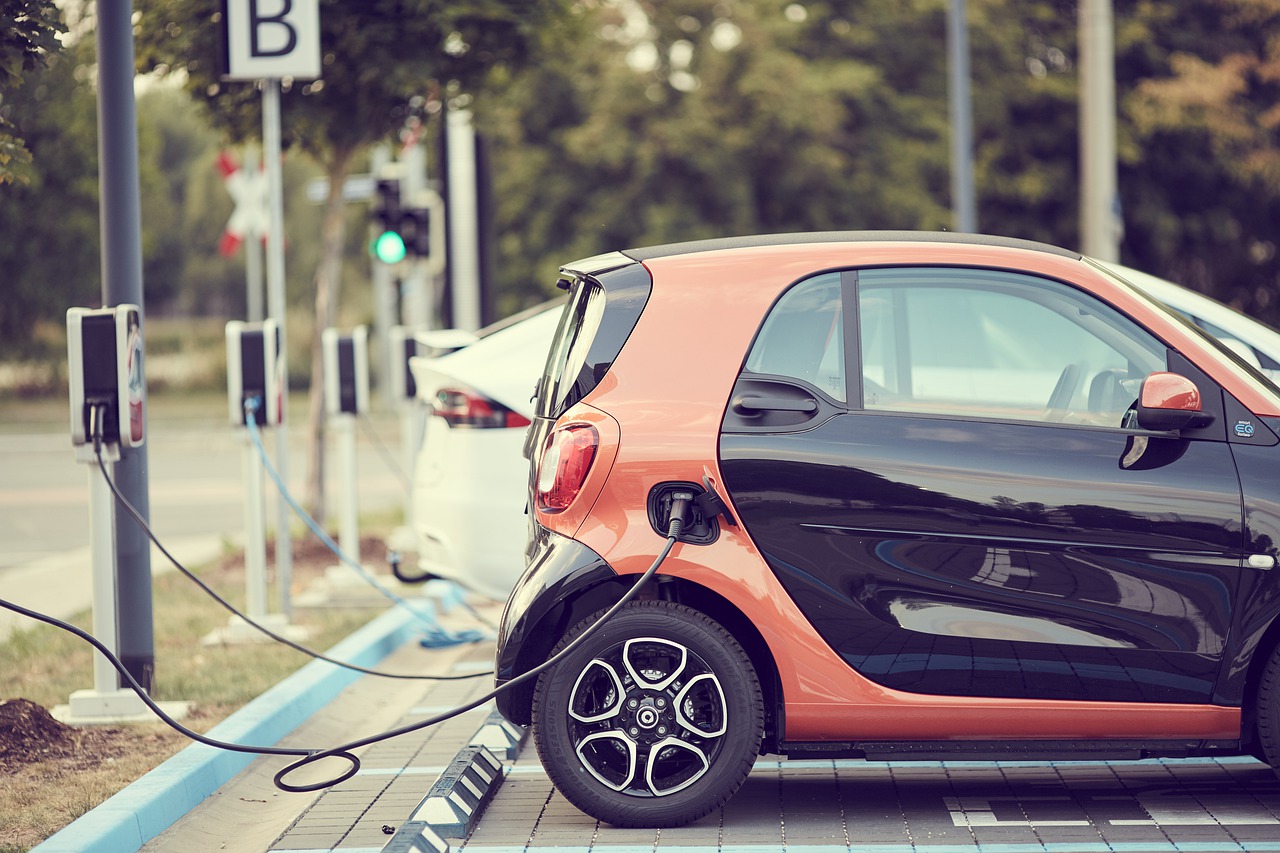
Nearly 70 percent of those surveyed are still interested in conventionally-powered cars.
Electric cars such as the Mercedes-Benz EQS have shown that there is a very strong demand for eco-friendly products in the global market but a recent study by Deloitte reveals that in the USA, the majority of consumers have no interest in purchasing an electric car as their next vehicle. Internal combustion engines remain the preferred choice for a good few.
These results were presented in the firm's 2022 Global Automotive Consumer Study which looked at analytics gathered from Southeast Asia, India, China, Korea, Japan, Germany, and the USA, among other nations.
Deloitte confirms that from September through October 2021, more than 26,000 consumers were surveyed to gather data for the report. 1,031 of these are citizens of the USA.
The report shows that 69 percent of Americans would prefer gasoline or diesel-powered cars as their next vehicle. Curiously, this is not far off from the 58%result seen in China and India.
Japan and Korea represented the lowest demand with 39% and 37% respectively while Germany displayed a 49 percent demand.
Hybrid electric vehicles maintain some demand with 17% of Americans saying they would purchase one as their next vehicle but plug-in hybrid and fully electric vehicles only garnered five percent of the population's vote, each. The remaining four stated that they would prefer to own a car that runs on alternate fuel such as compressed natural gas, ethanol, or hydrogen fuel cells.
For those who do prefer EVs, the report shows that the driving motivation for this was because of lower fuel costs followed by individual concerns about climate change and reducing emissions. The tax benefits and concerns about personal health were the least thought about factors that could persuade them to buy an electric car.
Interestingly, for owners who plan to charge their EVs at home, of which the study shows there are 68 people from the US, 66% would do so on regular grid power. Nine percent would use an alternative power source such as solar while 15% would make use of both. 10% of the group said they didn't know what power they would use to charge their electric cars.
20% of the American group also admits that the main concern with getting into an EV is driving range while 14% accredits it to a lack of public electric vehicle charging infrastructure.
Beyond this, he study also dove into which advanced features or technologies consumers were the most willing to pay for.
56% said that safety features are worth the additional cost while 65% would rather put their money towards connectivity features.
69% seem to enjoy the appeal of a good infotainment system and 61% wouldn't mind spending a bit on autonomous services. Alternative engine solutions saw a demand of 53% when additional costs are factored in.
The study goes on to show that most Americans in the sample group are unwilling to pay more than $500 for any additional feature.





